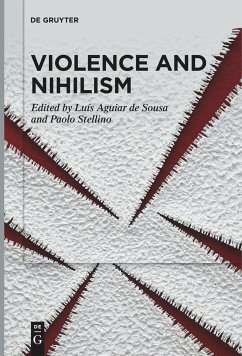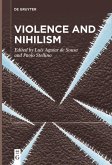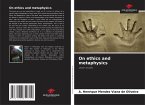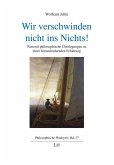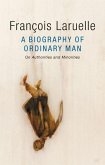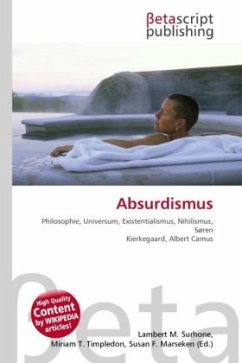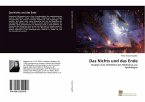Nihilism seems to be per definition linked to violence. Indeed, if the nihilist is a person who acknowledges no moral or religious authority, then what does stop him from committing any kind of crime? Dostoevsky precisely called attention to this danger: if there is no God and no immortality of the soul, then everything is permitted, even anthropophagy. Nietzsche, too, emphasised, although in different terms, the consequences deriving from the death of God and the collapse of Judeo-Christian morality. This context shaped the way in which philosophers, writers and artists thought about violence, in its different manifestations, during the 20th century.
The goal of this interdisciplinary volume is to explore the various modern and contemporary configurations of the link between violence and nihilism as understood by philosophers and artists (in both literature and film).
The goal of this interdisciplinary volume is to explore the various modern and contemporary configurations of the link between violence and nihilism as understood by philosophers and artists (in both literature and film).

